Realizing pensions
The revised Law on Social Insurance, recently passed by the National Assembly , stipulates that employees who reach retirement age and have paid social insurance for 15 years or more are entitled to a monthly pension.
Ms. Tran Thi Tinh (40 years old), a worker in Binh Duong province, said she was happy to hear that the minimum number of years of social insurance contributions to receive a monthly pension has been reduced by 5 years compared to current regulations.
Previously, Ms. Tinh had quit her job at the old company since November 2023. At that time, she decided to withdraw her social insurance at once, getting more than 70 million VND. The amount at that time was only enough for her to solve some immediate difficulties and family expenses. After a while, the money accumulated over the previous 10 years was not much left.
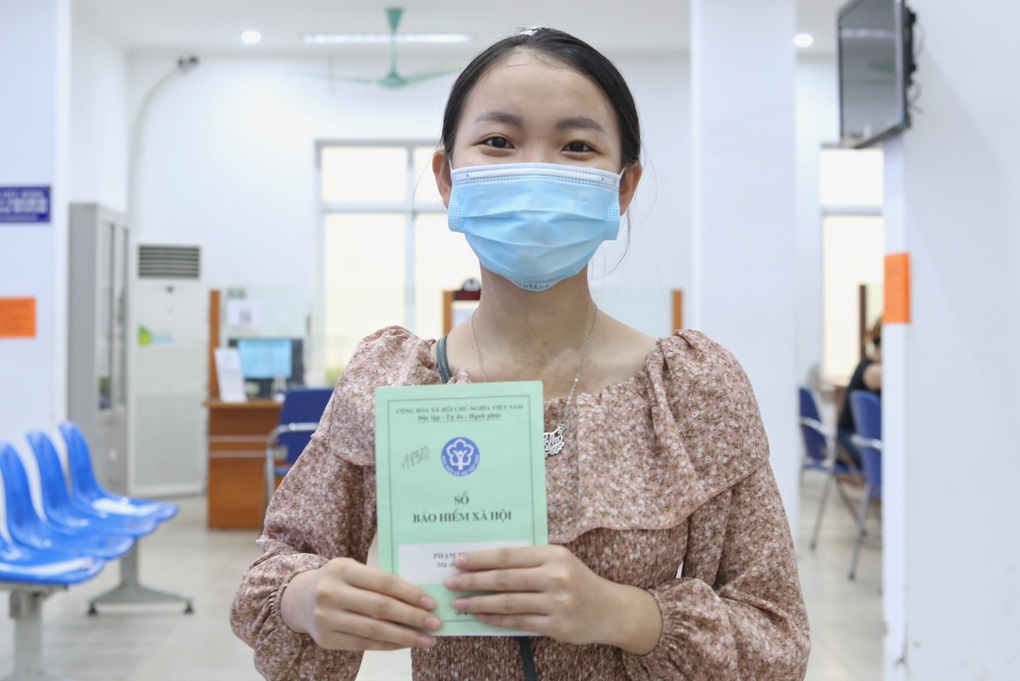
Workers support the regulation to lower the minimum number of years of social insurance contributions to receive pension (Illustration: Son Nguyen).
Only then did Ms. Tinh realize that the amount of money withdrawn from the insurance would be difficult to keep until her retirement. Now, she wishes to pay the social insurance for enough years, so that when she retires, she can receive a monthly pension rather than receiving an insignificant lump sum.
Having just started her new job in April 2024, Ms. Tinh has only been paying social insurance for a few months. At the age of 42, Ms. Tinh shared that according to the old regulations, by the time she reaches retirement age, she will not have paid enough social insurance for 20 years.
Fortunately, according to the new regulations that will be applied in 1 year, the insurance payment period will be reduced to 15 years. Ms. Tinh is happy that she will be able to receive her pension when she reaches retirement age.
"My children all have their own lives and families. I don't want to be a burden to them when I get old and lose my ability to work. Although my pension is not much, it is still a guarantee for me when I get old," said Ms. Tinh.
Ngoc Tram (22 years old), a worker in Binh Duong province, shared that many of her colleagues around her tend to withdraw their social insurance at once, leading to the unfortunate situation of suddenly quitting their jobs after a long period of experience.
"Most workers will think of paying social insurance as a form of saving, waiting for the time to withdraw a large sum of money, bring it back to their hometown to do business, or do small business. However, very few people can do that, many people withdraw and then spend it all," Tram said.
In Tram’s opinion, paying social insurance for enough years and then receiving pension will bring long-term benefits to workers’ security than withdrawing social insurance at once. That also contributes to reducing the number of people in difficult circumstances, losing their ability to work, and having no source of income when they retire.
More flexible social insurance system
Through a practical survey, Vietnam Social Security said that one of the reasons pointed out for many people receiving one-time social insurance benefits is that the number of years of pension accumulation (20 years) is too long, reducing the motivation to participate and stay long-term to receive pensions of workers.
Therefore, according to this agency, the new regulation creates an opportunity for late participants or those who participate intermittently to accumulate 15 years of contributions (instead of 20 years as currently regulated) to receive a monthly pension.
This regulation on minimum years of contribution does not apply to pensioners with reduced working capacity.

One of the reasons why employees withdraw their social insurance at once is because the number of years of accumulation to receive pension is too long (Illustration: Vietnam Social Insurance).
This regulation also reflects the spirit of Resolution No. 28-NQ/TW, which is to "amend the conditions for enjoying retirement benefits in the direction of gradually reducing the minimum number of years of social insurance contributions to enjoy retirement benefits from 20 years to 15 years, towards 10 years with a benefit level calculated appropriately to create conditions for elderly workers with low number of years of social insurance participation to access and enjoy social insurance benefits".
Also discussing this issue, Ms. Nguyen Thi Lan Huong, former Director of the Institute of Science - Labor and Social Affairs, Ministry of Labor, Invalids and Social Affairs, assessed that the regulation on reducing the time requirement for paying insurance helps employees who participate in social insurance late to have the opportunity to receive pension.
Reducing the minimum number of years of contribution also helps many workers willing to participate in insurance. In addition, the law stipulates that if workers are in the system but are not eligible for pensions or are not old enough to receive social pension benefits, they will receive a subsidy.
According to Ms. Huong, the new law's advantage is to integrate the social pension system into the social insurance system to form a multi-layered safety net. In the multi-layered pension system, the lowest layer is social pension. The multi-layered system ensures old-age security for workers.
Source: https://dantri.com.vn/an-sinh/dong-15-nam-co-luong-huu-co-hoi-cho-cong-nhan-tung-rut-bao-hiem-xa-hoi-20240703154950318.htm


![[Photo] Soldiers guard the fire and protect the forest](https://vphoto.vietnam.vn/thumb/1200x675/vietnam/resource/IMAGE/2025/9/27/7cab6a2afcf543558a98f4d87e9aaf95)







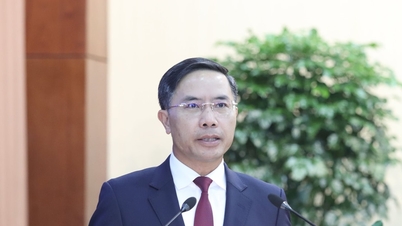





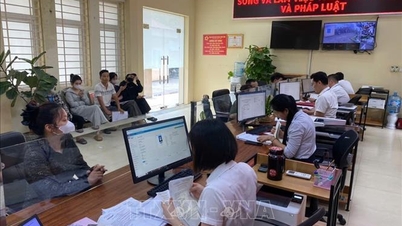





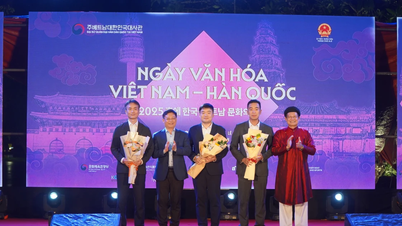















![[Photo] Prime Minister Pham Minh Chinh attends the 1st Hai Phong City Party Congress](https://vphoto.vietnam.vn/thumb/1200x675/vietnam/resource/IMAGE/2025/9/27/676f179ddf8c4b4c84b4cfc8f28a9550)




























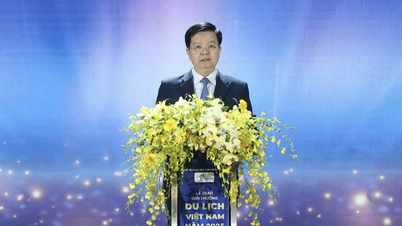








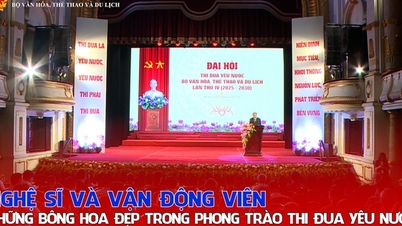




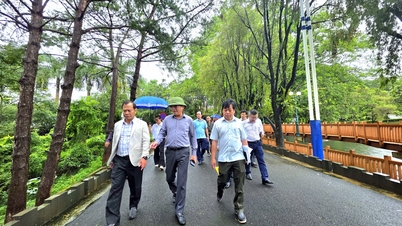






















Comment (0)